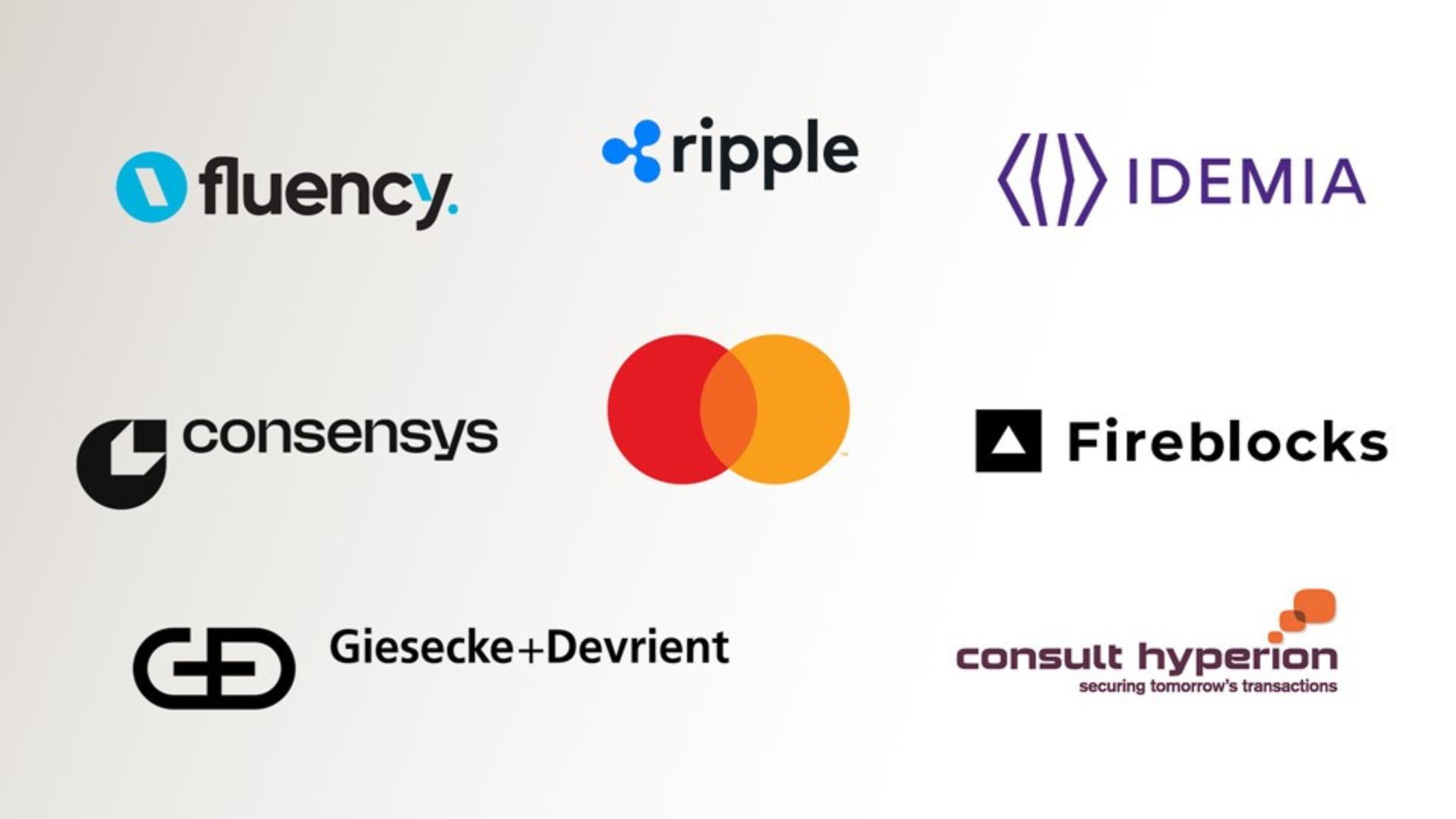The payment giant insists that privacy will be a cornerstone of its CBDC partner program.
Mastercard, one of the world’s largest payment networks, has announced it is convening an impressive group of blockchain tech firms and payment service providers to join its new CBDC Partner Program.
The collaboration is designed to encourage collaboration with “key players” in the space to drive efficiency and innovation, said Raj Dhamodharan, head of digital assets and blockchain at Mastercard. The program seeks to explore the benefits and limitations of central bank digital currencies (CBDCs), as well as how to safely implement them.
Those listed as partners include Ripple, Consensys, multi-CBDC and tokenized assets solution provider Fluency, digital identity technology provider Idemia, digital identity consultant Consult Hyperion, security technology group Giesecke+Devrient and digital asset operations platform Fireblocks.
A CBDC is a digital representation of a nation’s fiat currency. Although they share similar technologies, CBDCs are not the same as cryptocurrencies such as Bitcoin and Ethereum. Unlike cryptocurrencies, which are decentralised, CBDCs are issued and regulated by a central governing body, such as a central bank.
New research shows that 93% of the central banks are already experimenting and conducting research on CBDCs. China has already started to pay some government employees in a CBDC known as e-CNY, which represents the Yuan.
Read more: Chinese city becomes first to pay employees in CBDC, but is there a privacy risk?
Mastercard wrote that CBDCs are gaining momentum because they are “far less speculative” than cryptocurrencies, prompting the title of its press release: ‘is safe the new sexy?’ Despite this, the company pointed out that central banks are facing huge hurdles when developing CBDCs.
“There are many questions that central banks need to consider”, said Jesse McWaters, leader of global regulatory advocacy at Mastercard. “This includes the role of the private sector in CBDC issuance, security, privacy and interoperability — such as how a CBDC works with other commonly used payment mechanisms, what specific challenges CBDCs would solve and whether they’re even the right tool for the job.”
While Mastercard’s new CBDC Partner Program is likely to drive innovation relating to CBDCs, the company has addressed the biggest red flag for consumers: privacy.
In May, Florida Governor and presidential hopeful Ron DeSantis banned CBDCs from the state of Florida, calling them “Big Brother’s Digital Dollar“.
The Governor said: “I think anyone with their eyes open could see the dangers that this type of an arrangement would mean for Americans who want to exercise their financial independence, who would like to be able to conduct business without having the government know every single transaction that they’re making in real time.”
Read more: “Big Brother’s Digital Dollar”: What are CBDCs and why has Florida banned them?
Mastercard wrote that central banks must determine how to strike the balance between “privacy and transparency” in order to prevent illicit activities, while still preserving an individual’s right to privacy.
This is why Mastercard partnered up with Idemia, according to the release. Idemia develops cryptographic techniques for offline payments to protect individual privacy while maintaining enough oversight to prevent fraud.
Jerome Ajdenbaum, who leads the digital currencies business for Idemia, said “Privacy is extremely important to users. It’s really the No. 1 topic,”. Ajdenbaum added that the provider must demonstrate to the user that their privacy is protected, “not just that we promise” to do so.

Disclaimer: CryptoPlug does not recommend that any cryptocurrency should be bought, sold, or held by you. Do conduct your own due diligence and consult your financial advisor before making any investment decisions.




